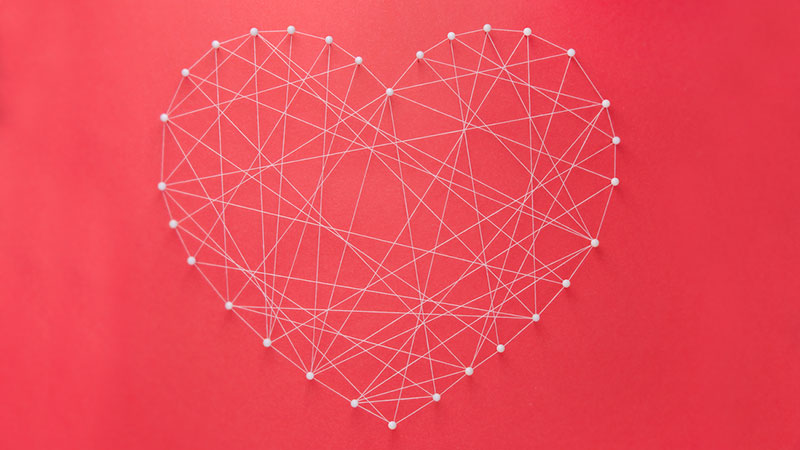Note: This is the first of a two-part series. Click here for part two
We all know that it feels more intimate to be connected to the person (or people) we care about and love. Much less understood is how a couple who starts out with lots of love, erotic energy and hope—lose their close connection—and begin the painful process of falling out of love and feeling disconnected from one another.
In order to figure out how the process of disconnection has worked in your life, let me invite you to explore the various ways you disconnect. Look at the following list of disconnecting behaviors, taken from Pat Love’s book The Truth About Love—and check the ones you use:
overworking criticizing interrupting nagging withdrawing drinking judging being irritable being distracted clinging being resentful threatening keeping secrets being rigid name calling withholding your opinion taking on too much responsibility over functioning being pre-occupied with your own thoughts being uncooperative believing you have the right answer being a pleaser being undependable being dishonest going silent condemning forgetting embarrassing lying fault finding being perfectionistic shutting down overspending lecturing being cynical avoiding being depressed using sarcasm bossing being rude shaming assuming coercing being impatient being tense being angry acting uncaring yelling raging pushing being perpetually late being authoritative turning away controlling withholding affection staying preoccupied not supporting interrupting withholding sex expressing hostility being aggressive showing suspicion procrastinating always wanting more looking for problems
Now go back through this list and circle the ways your partner disconnects.
There are several reasons why people who once felt very close to each other lose their connection and grow more distant and mechanical with each other, says Love. Some of those reasons are:
- If I let myself get close to you, I feel that I will lose me, and therefore forfeit my individuality and freedom.
- The fear that you’ll leave me—and that will destroy me.
- We don’t spend enough time together, and we have to spend a certain amount of time together to keep the connection strong. (Quick solution: Ask yourself “What would make me want to spend more time with my partner? Or what would make my partner want to spend more time with me?”)
- We’re not consistently tuned into our partners, or our partner’s needs or wants. Truly paying attention, taking an interest, showing you care. Being empathetic and compassionate—by walking in your partner’s shoes a lot more often.
- We’re not letting ourselves get too intimate, too close, too emotionally exposed. We’re not revealing our inner selves to each other. The real me—vulnerabilities and all. The real you.
- The fear that I’ll get what I want and I won’t feel worthy of it, or that I won’t be able to handle getting what I want, and therefore I’ll sabotage it.
The most effective way to reconnect is to take charge of your own behaviors. Think about the partner you want to be—and the relationship you want to have—and then make a conscious choice to act in accordance with those goals.
I will continue this discussion in next week’s column.




